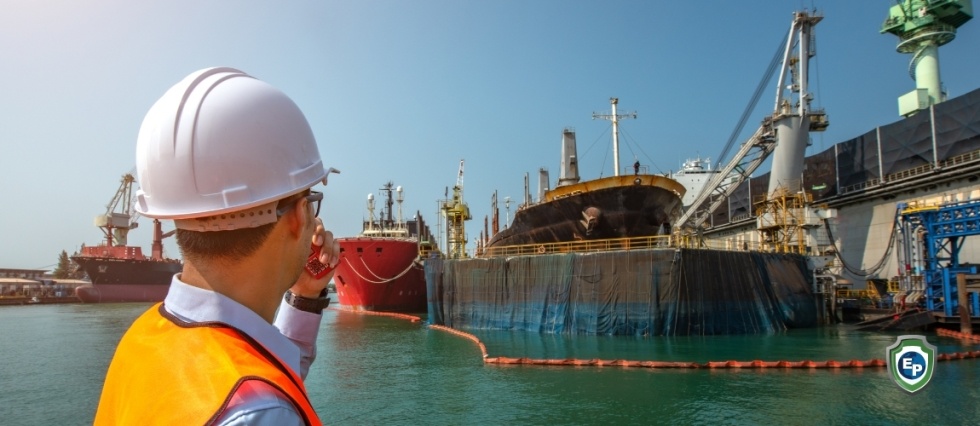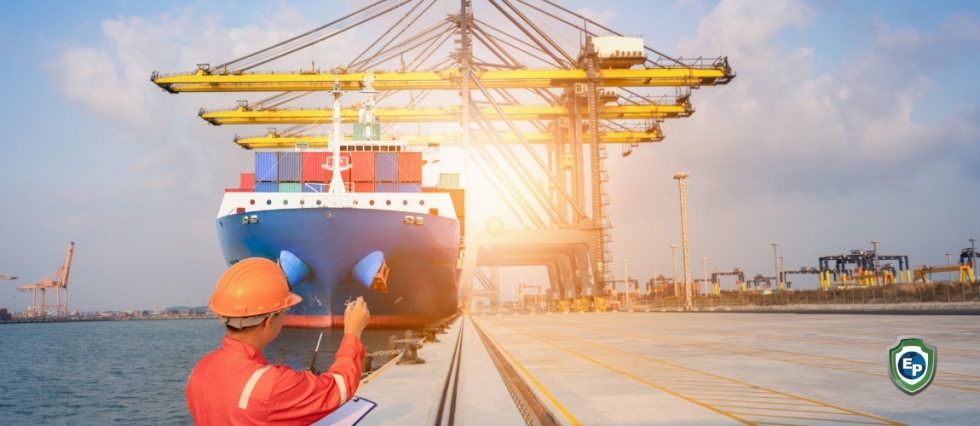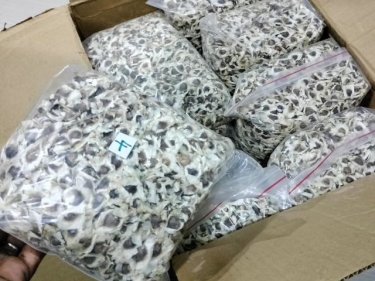How the Federal Maritime Commission Facilitates Trade
Discover how the Federal Maritime Commission helps to facilitate international trade with their mission and regulations. Learn about their role in the maritime industry and how it affects commerce.

The Federal Maritime Commission is an independent US agency that regulates ocean transportation intending to protect exporters, importers, and consumers. The body is governed by five commissioners appointed by the President to serve as business regulators, mediators, and enforcers.
Regulating export and import
There are rules and guidelines to ensure ocean trade is fair for everyone with a stake in the shipment of cargo. The Commission’s primary role is to make sure transporters and traders play by these rules. This fosters a competitive environment where everyone can thrive.
It is the Commission’s job to act when these rules are broken. Action can happen through reviews, counsel, or as a last resort, penalty. The body constantly monitors and reviews contracts between ocean carriers, marine terminal operators, traders, and passengers to prevent hikes in cost or declines in services.

The Federal Maritime Commission relies on judges, economists, ocean transportation experts, and international trade specialists to accomplish its role. Together, these technocrats can advise and mediate between different parties. When disputes occur, they launch investigations to determine the cause and extent of the injury. The ruling of the Commission’s judges is binding.
Collecting and sharing trade information
The Federal Maritime Commission is a trusted informer to shippers, ports, and consumers. It collects, curates, and publishes information that facilitates trade. Exporters, importers, and consumers can access the Commission’s data on tariffs, changes in government foreign policy, licensing, and labeling.
Before goods are transported to consumers, they randomly test samples and inform the public if there are any safety concerns. In the case of injuries, they let consumers understand how to seek compensation.
Security and reserve fleet
The Commission also collaborates with foreign governments as part of its role to make maritime transport safe. In doing so, it operates a fleet of vessels that can respond to threats and international conflicts. This fleet mitigates disruptions to supply chains during the conflict. This is important for small businesses and ocean transporters who lack the resources to pay for their protection.
Stay in the Loop with Export Portal
To find out more about how you can successfully trade at an international level and build your export and import website, make sure to check out Export Portal’s Blog Page!


















Comments 2